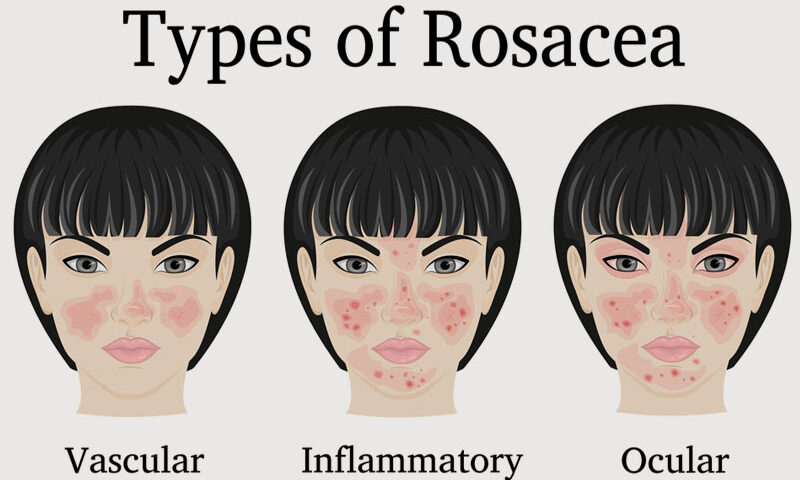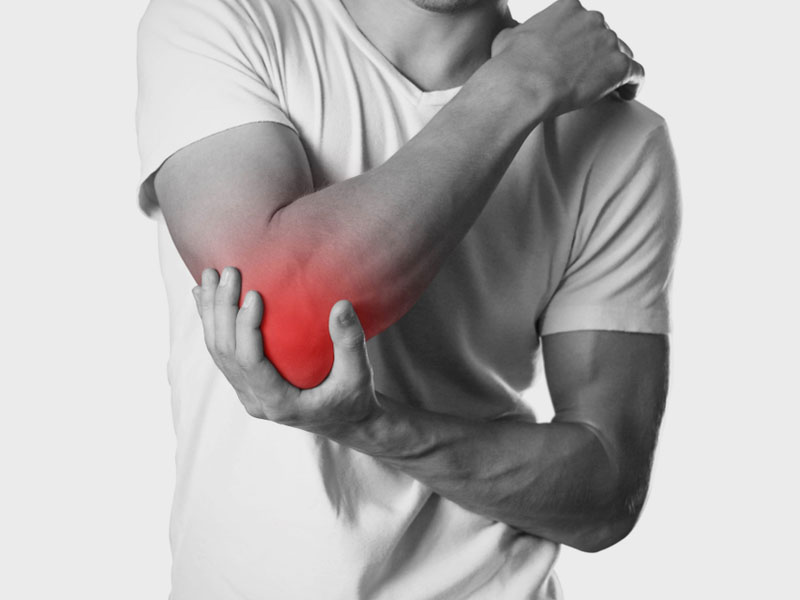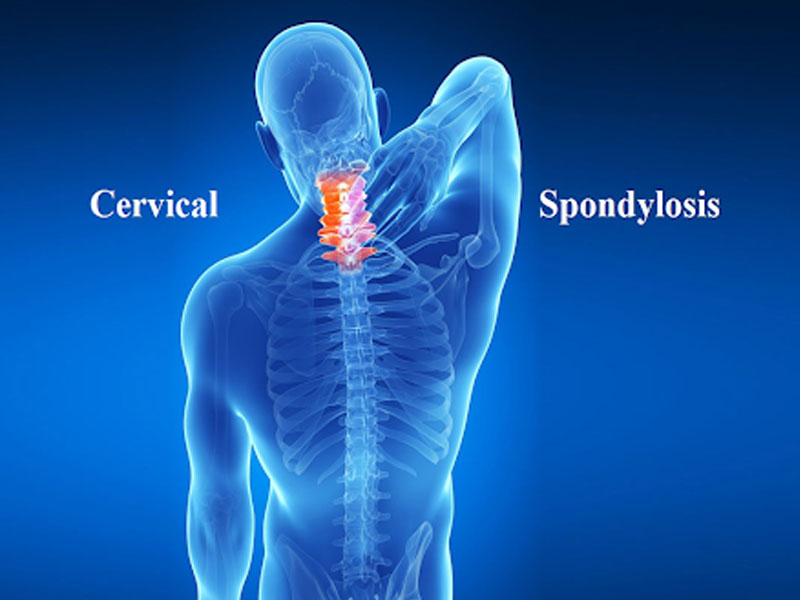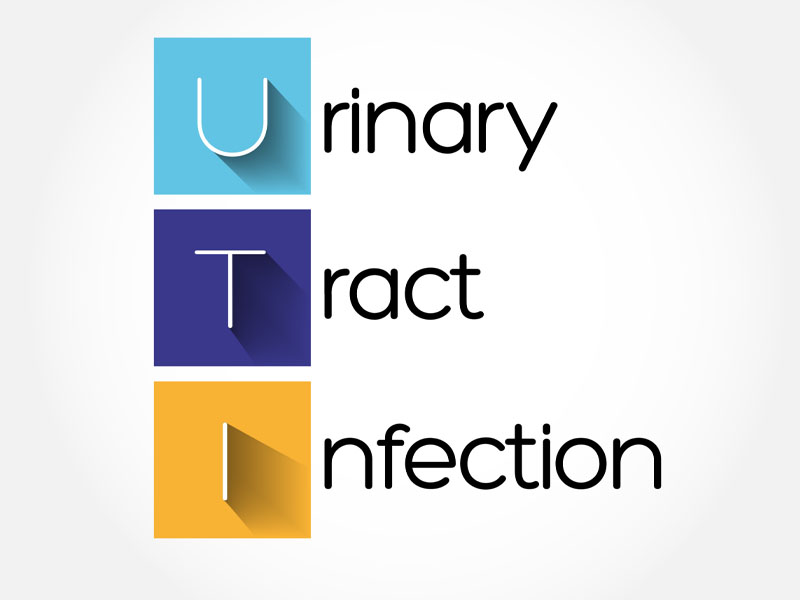
Rosacea
Rosacea, a chronic skin condition affecting millions worldwide, manifests as redness, visible blood vessels, and pimple-like bumps on the face. It typically begins after age 30 and tends to affect fair-skinned individuals more prominently. While its exact cause remains elusive, factors such as genetics, environmental triggers, and vascular abnormalities are thought to play significant roles.
Understanding Rosacea
Rosacea isn't just a cosmetic concern; it can cause discomfort and affect one's self-esteem. Common symptoms include persistent facial redness, flushing, bumps and pimples, visible blood vessels, and eye irritation. These symptoms may come and go, varying in severity over time.
Types and Variations of Rosacea
Rosacea isn't a one-size-fits-all condition. It presents in various forms, including erythematotelangiectatic rosacea (characterised by redness and visible blood vessels), papulopustular rosacea (with acne-like breakouts), phymatous rosacea (resulting in thickened skin), and ocular rosacea (affecting the eyes).
Complications Associated with Rosacea
Left untreated, rosacea can lead to complications such as ocular issues, including dryness, irritation, and even vision problems. Psychological impacts like anxiety and depression can also arise due to its effects on appearance and social interactions.
Ayurvedic Perspective and Management
Ayurveda, the ancient Indian system of medicine, views rosacea as a manifestation of aggravated Pitta dosha, involving excess heat and inflammation in the body. Ayurvedic practitioners focus on rebalancing doshas through dietary and lifestyle adjustments, herbal remedies, and therapeutic treatments tailored to individual needs.
Preventive Measures to Mitigate Rosacea
Prevention plays a crucial role in managing rosacea. Avoiding triggers like spicy foods, alcohol, extreme temperatures, and harsh skincare products can help prevent flare-ups. Embracing stress-reducing practices and protecting the skin from excessive sun exposure are also recommended.
Diet and Lifestyle Recommendations
In Ayurveda, dietary modifications are integral to managing rosacea. A cooling and soothing diet, rich in fresh fruits, vegetables, and whole grains, is encouraged. Spicy, fried, and processed foods, as well as alcohol and caffeine, should be limited or avoided. Additionally, adopting stress-relieving activities like yoga and meditation can complement treatment efforts.
Ayurvedic Herbal Remedies and Therapies
Ayurvedic herbs are used in various formulations to address inflammation, detoxify the body, and support skin health. Herbal supplements, topical applications, and therapeutic oils may be prescribed by Ayurvedic practitioners to alleviate symptoms and promote healing. Additionally, Ayurvedic therapies such as Shirodhara (oil pouring on the forehead) and Panchakarma (detoxification treatments) can provide holistic support for rosacea management.
Why Choose Ayur Healthcare?
At Ayur Healthcare, located in the heart of Parramatta, Sydney, we offer authentic Ayurvedic care delivered by experienced practitioners. Our approach integrates traditional wisdom with modern insights, ensuring personalised treatment plans tailored to each individual's unique constitution and needs. With a focus on holistic well-being, we prioritise your health journey and strive to empower you with the knowledge and tools for sustainable healing.
Conclusion
Rosacea may pose challenges, but with the right approach, it's manageable. Ayurveda provides a holistic framework for addressing the root causes of rosacea, offering natural remedies and lifestyle practices to restore balance and vitality. By partnering with Ayur Healthcare, you're not just treating symptoms; you're embarking on a transformative journey towards radiant skin and optimal health.
Disclaimer
The content provided on this website is intended for educational purposes only and should not be construed as medical advice or a substitute for professional healthcare. Individual responses to treatment may vary, and it is crucial to consult qualified Ayurvedic practitioners for personalised treatment plans. Ayur Healthcare or any member of Ayur Healthcare does not make any claims of curing any disease or guaranteed results but is committed to offering compassionate care and guidance on your journey towards improved health and well-being.




